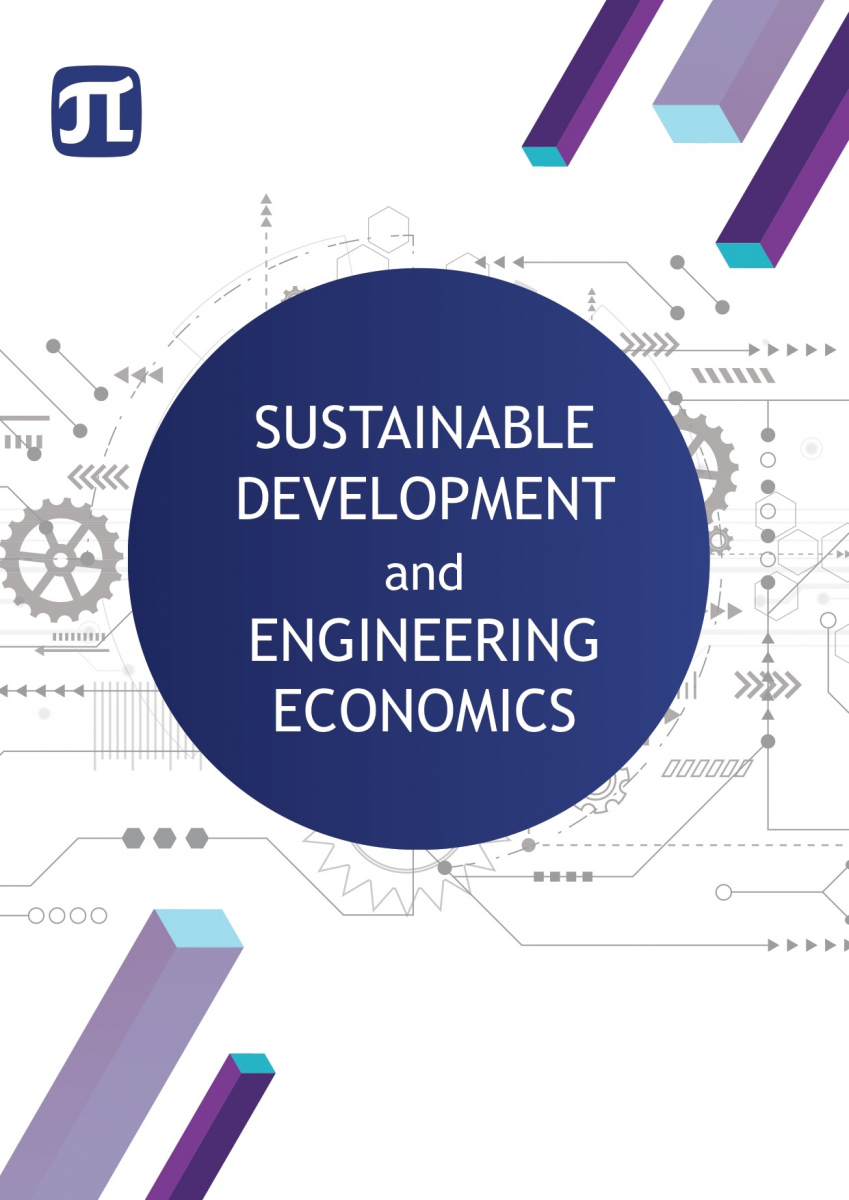Intellectual Capital in Agribusiness: Integrating Digital Solutions for Sustainable Development
This article explores the integration of digital solutions to enhance the sustainable development of agribusiness through the activation of the introduction of intellectual capital. The analysis is carried out taking into account various factors affecting yields, such as soil type, fertilizer use, market prices, employee education level, product demand, and automation level. The level of automation, the use of geographic information systems, access to big data, and hours of employee training were chosen as factors of intellectualization. Random forest, ARIMA, SARIMA, and LSTM models were used to predict yields. The data were taken from the statistical portals of Armenia and Georgia (137 observations). The results of the study show that the LSTM model demonstrated the best prediction accuracy with an average absolute error of 8.30 and a standard error of 102.47. The random forest model showed an average absolute error of 24.87 and a standard error of 828.23, while the ARIMA and SARIMA models did not show significant results. The study revealed significant correlations between digital solutions characterizing the level of intellectual capital in agricultural enterprises and agricultural land productivity, including the level of automation and access to big data. Analysis was also conducted on the impact of intellectual capital on the sustainability of agribusiness, including the impact of the level of education and training hours of employees. It is concluded that the integration of innovative technologies, such as big data and automation, contributes to improving the efficiency of agricultural production.


